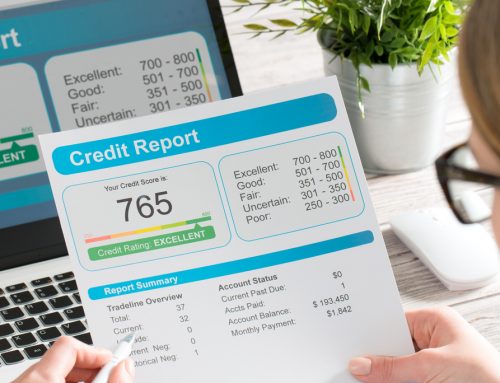
Fannie Mae and Freddie Mac, are actively seeking ways to better underwrite self-employed and “gig-economy” mortgage applicants.
What is the Gig Economy?
The gig economy consists of workers who are self-employed, small business owners or entrepreneurs that do not have the traditional income and W-2s that come with being a full time employee. Many of these workers juggle multiple jobs, such as managing a clothing boutique during the day and driving for Lyft at night. They are bringing in good money, have a good credit rating and are able to set aside a decent amount for a down payment. But despite all of this, they often do not satisfy lending requirements because they cannot provide consistent income for the last 2 years, nor can they predict their future earnings.
These gig economy workers may still qualify for a loan but at a significant cost, with larger down payments and higher interest rates.
Introducing the Self-Employed Mortgage Access Act
There may be some good news on the horizon for gig economy workers and small business owners. Sens. Mark R. Warner (D-Va.) and Mike Rounds (R-S.D.) have recently introduced a bill, Self-Employed Mortgage Access Act.
“Too many of these otherwise creditworthy individuals are being shut out of the mortgage market because they don’t have the same documentation of their income — pay stubs or W-2s — as someone who works 9 to 5,” said Warner in introducing the bill.
“We shouldn’t unfairly punish entrepreneurs, farmers and other small business owners because they don’t earn income on a W-2,” said Rounds.
Although estimates are varied, gig economy workers and small business owners make up anywhere from 20 percent to over 30 percent of the U.S. work place and it is predicted that this number may increase to 43 percent by 2020.
This new bill would alter the way income, debts, and other financial information is evaluated when qualifying for a mortgage. Applicants would be able to provide additional documentation to show their ability to repay the loan.
The following IRS Forms may be used in determining loan eligibility:
IRS Form 1040 Schedule C for sole proprietorships
IRS Form 1040 Schedule F for farming
IRS Form 1065 Schedule K-1 can be used for partnerships
IRS Form 1120-S for S Corporations could be used when determining a borrower’s income.
See full text of the bill: Self-Employed Mortgage Access Act
Looking for a Michigan Mortgage Expert?
Julie Krumholz is has been helping Michigan homebuyers for over 30 years. Whether you are self-employed, work a seasonal job or you are a full time employee there are several loan options available to accomodate a variety of applicants. Contact Julie from Superior National Bank to learn more and start your pre-approval process.
Call Julie Krumholz: 586-382-5482





